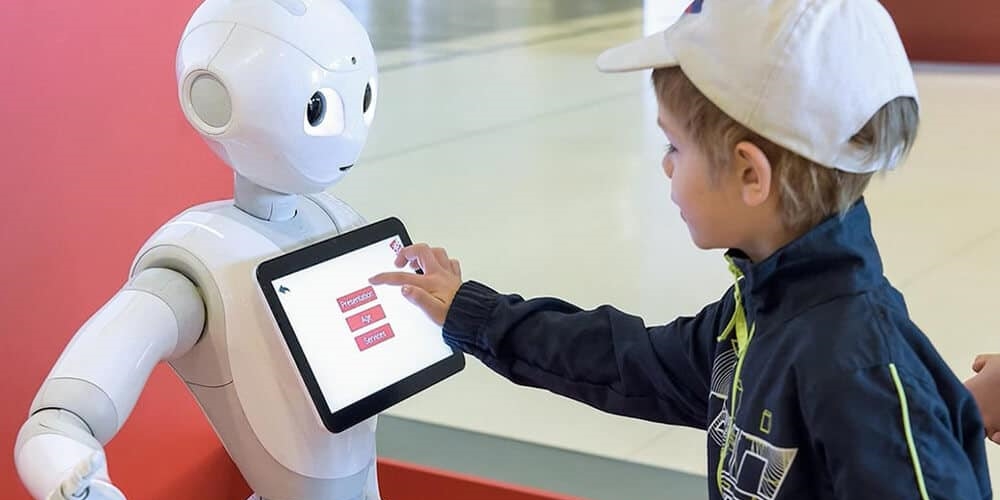When will Intelligent Devices lead a life? The possibilities are endless. We may eventually buy or throw away a robot that mimics us. But when will a smart system or a robotic assistant become a “person” with consciousness and body? And how will we deal with them? Is it possible to let them lead a life? The question isn’t as simple as “can they” or even “should they?”
The question is how we can make intelligent devices lead a life. The three films discussed here address the questions surrounding the human condition, their complexity, and the relationship between humans and machines. Each film addresses questions about the human condition and the relationship between death and humaneness. It also illustrates the disconnect between human “aliveness” and living life. Michael fails to take part in the everyday activities that comprise a human life.
The quest for a life beyond human control has long inspired the development of intelligent devices. The early Greeks attempted to create mechanical systems using mathematics, and the idea of a musical robot-boat is as old as mankind itself. Al-Jazari and Vaucanson proposed a robotic digesting duck. The search to control nature and overcome its limitations is at the heart of modern industries. There are no limitations for human life unless we let it.
All three films explore the potential of human mortality and the limits of human autonomy. As we live increasingly connected lives, we are constantly confronted with the idea of mortality. Although we can never completely escape our death, we can never truly escape it, and that is part of the appeal of intelligent devices. Nevertheless, we can’t let the spectre of death prevent us from fully living life. Until this time, we will have to live with the tensions inherent in our relationships with mechanized and digital systems.
The development of intelligent devices has come a long way from the ancient Greeks. They’ve created musical robots, played musical instruments, and even performed other tasks. And today, we have a whole new generation of smart devices that allow us to live independently. All of these technologies can enhance the lives of older people and their caregivers. These advancements are already being made. It is now possible to create an artificially intelligent device that can lead a life without human beings.
An intelligent device can help a person stay independent. It can remind them to take their medications and alert their caregivers if the elderly fall. A Pillbox with smart sensors integrates with smartphones and sends reminders and alerts when they’ve missed a dose. It can also track progress against goals. It can help elderly people who are unable to take their medication alone to manage their lives. It can also help them keep up with the tasks they’ve had before.
Another important role for an intelligent device is in assisting elderly people with their daily activities. An intelligent device can help older adults maintain their independence by reminding them to take their medicines or alerting a caregiver if they fall. An example of an intelligent device is the Pillbox. It uses smart sensors in its chambers to remind the user of a missed dose and syncs with a smartphone. Its app helps the person stay organized.
The concept of an intelligent device has existed for thousands of years. The first examples of intelligent devices were invented as far back as Archytas, a Greek mathematician. Then, the Romans proposed a musical robot-boat, while Vaucanson proposed a Digesting Duck. Throughout history, these and other intelligent devices have always been associated with humankind’s desire to improve life and overcome the limitations of life.
The concept of an intelligent device is not new. The concept dates back to ancient times. Archytas, the father of mathematical mechanics, proposed a musical robot-boat, and Vaucanson proposed a “digesting duck.” The quest to create intelligent devices continues to drive technological development and has a long and illustrative history. Our modern lives are more populated than ever, and we can’t be in the same room with them.
